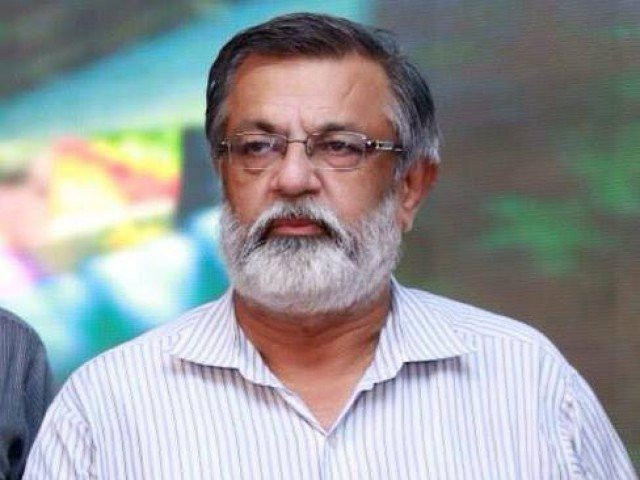Attack on Rashid Godil
The attack, in all likelihood, was carried out by those who had no investment in bringing peace to Karachi

Given the nature of politics as it is practised by some in Pakistan, politicians in the country often have to interact with the people they serve.

Mr Godil was one of those who wanted to bring peace to Karachi, and was involved in the talks aimed at getting the MQM members of the National Assembly and the Senate back to their seats in the respective Houses. The attack, in all likelihood, was carried out by those who had no investment in bringing peace to Karachi, and who wanted to continue the bloody wars that have wracked the country’s financial hub for decades. There has been some speculation that the shooting was the work of a banned sectarian organisation, but nothing is clear at this juncture.
Coming so soon after the murder by a suicide bomber in Attock of Punjab Home Minister Shuja Khanzada, questions again have to be asked and answered about the security — or lack of it — for senior politicians. Given the nature of politics as it is practised by some in Pakistan, politicians in the country often have to interact with the people they serve. This increases their visibility and their vulnerability. Since the assassination of Benazir Bhutto, politicians and the security agencies that are tasked to protect them have been markedly more efficient and vigilant. Bullet-proof vehicles are in regular use, and many rallies see the speakers surrounded by a screen of armoured glass and the crowd of spectators a hundred metres or more away from the people they had come to see and hear. For many political figures, however, such arrangements are unacceptable, and they take risks. As noted recently in these columns, a comprehensive review of the security of public officials is an imperative — and we wish well to Mr Godil.
Published in The Express Tribune, August 20th, 2015.
Like Opinion & Editorial on Facebook, follow @ETOpEd on Twitter to receive all updates on all our daily pieces.














COMMENTS
Comments are moderated and generally will be posted if they are on-topic and not abusive.
For more information, please see our Comments FAQ